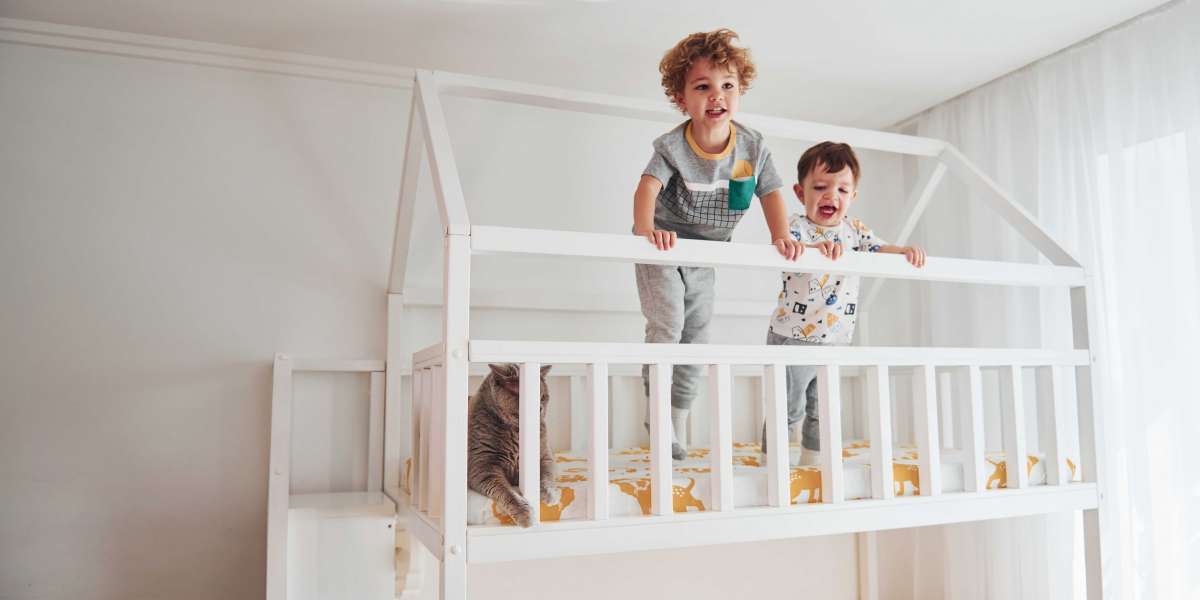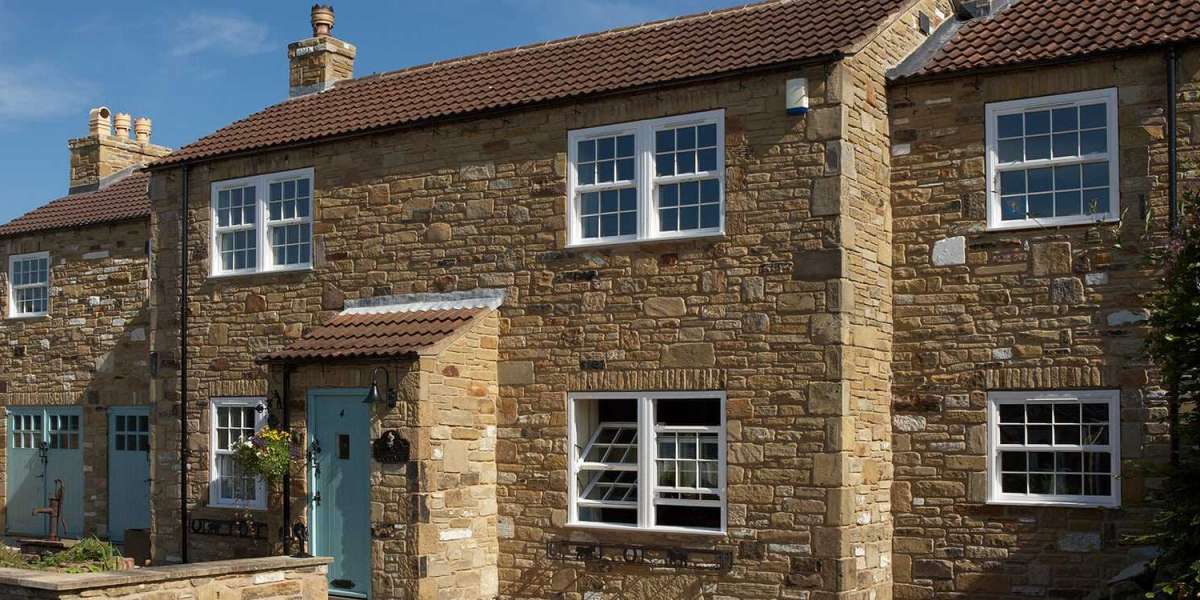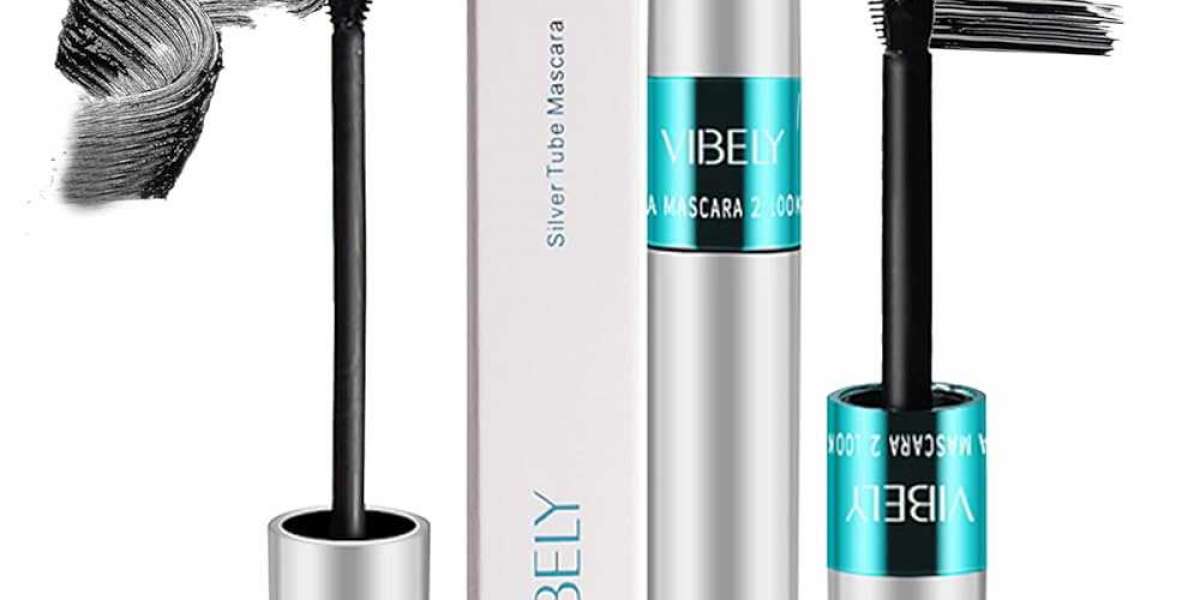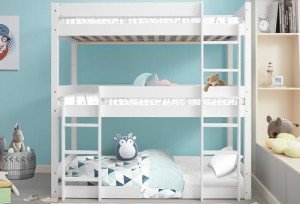
Bunk Beds Sale: A Comprehensive Guide to Choosing the Right Bunk Bed for Your Home
Bunk beds have long been a staple in kids's bedrooms, providing a mix of space-saving effectiveness and enjoyable. Whether accommodating brother or sisters, friends on pajama parties, or just taking full advantage of a playroom, bunk beds have ended up being an important component in modern-day family homes. As sales on bunk beds increase, it ends up being progressively essential for consumers to make educated decisions when buying one. This post will cover the basics of buying a bunk bed, from types to security functions, as well as ideas for maintaining the integrity of your investment.
Kinds Of Bunk Beds
When thinking about a bunk bed sale, it's important to understand the different designs readily available on the market. Below are the most typical types:
Traditional Bunk Beds: These include 2 beds stacked one above the other, sharing a single frame. They are frequently the most affordable alternative.
L-Shaped Bunk Beds: This design features one bed positioned vertically and another horizontally. This plan creates additional space below the upper bed, which can be utilized for storage or a backyard.
Lofted Beds: Similar to traditional bunk beds however with no lower bed. Rather, the space underneath can be utilized for a desk, play location, or extra storage.
Triple Bunk Beds: For households with a bigger variety of children or frequent sleepovers, triple bunk beds offer 3 sleeping locations in a space-efficient style.
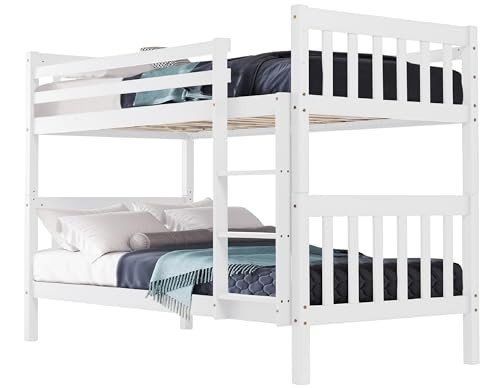
Futon Bunk Beds: These styles combine bunk beds and futon sofas. The bottom section converts into a different seating location, boosting performance.
Convertible Bunk Beds: These beds can be separated into two private beds, making them versatile as kids's needs alter in time.
Table 1: Comparison of Bunk Bed Types
| Type | Description | Space Efficiency | Extra Features |
|---|---|---|---|
| Conventional Bunk Bed | 2 beds stacked vertically | High | Simplest design |
| L-Shaped Bunk Bed | One vertical and one horizontal bed | Moderate | Play or storage space |
| Lofted Bed | Raised bed with open space listed below | High | Work/play location |
| Triple Bunk Bed | Three stacked beds | Really High | Accommodates more users |
| Futon Bunk Bed | Bunk bed with a convertible futon | High | Multi-functional |
| Convertible Bunk Bed | Can be split into two separate beds | Moderate | Flexibility & durability |
Security Features to Consider
Safety is vital when buying a bunk bed. Below are key safety functions to look for:
Guardrails: Adequate guardrails need to be present on both sides of the upper bunk to avoid falls. They need to be at least 5 inches higher than the mattress.
Ladder Design: Look for tough, broad ladders with slip-resistant rungs. Ensure that the angle is not too high for easy gain access to.
Stability: Ensure the bed is built with strong products, such as solid wood or sturdy metal. The bed should not wobble when in use.
Weight Limit: Check the weight capability of the bunk bed to ensure it can accommodate the designated users securely.
Material Safety: If possible, select beds made from non-toxic products or those meeting security standards for children's furnishings.
Table 2: Essential Safety Features
| Function | Description | Value |
|---|---|---|
| Guardrails | Sides of upper bed to avoid falls | Important for child safety |
| Ladder Design | Solid, slip-resistant rungs | Help safe and easy access |
| Stability | Construct quality to avoid wobbling | Makes sure safety and durability |
| Weight Limit | Maximum weight capacity | Prevents mishaps |
| Material Safety | Non-toxic, safe materials | Secures kids's health |
Upkeep Tips for Bunk Beds
To extend the life of your bunk bed and guarantee continuous security, think about the following upkeep ideas:
Regular Inspections: Periodically inspect the structure for loose screws, bolts, or any indications of wear. Tighten up fasteners as essential.
Tidy Periodically: Dust and tidy the surfaces regularly. Usage appropriate cleaners that won't harm the surface.
Check Weight Limits: Be conscious of weight limits, especially with older kids or adults who might want to utilize the upper bunk.
Prevent Climbing on Guardrails: Educate kids not to use guardrails for climbing up or playing to reduce the risk of mishaps.
Frequently Asked Questions (FAQs)
Q1: What is the age limitation for children to safely utilize bunk beds?A: While it varies by the manufacturer, lots of suggest that kids under six should not sleep in the upper bunk due to safety concerns.
Q2: How can moms and dads dissuade unsafe climbing?A: Setting clear rules about bunk bed (www.teresehassan.top) usage and supervising children can assist. In addition, using a bed camping tent can prevent climbing while developing an enjoyable sleep environment.
Q3: What should I think about when embellishing a space with bunk beds?A: Ensure there is sufficient space around the bunk bed for safe motion, and use the decoration to produce individualized spaces for each kid.
Q4: Is a lofted bed appropriate for older kids?A: Yes, lofted beds can be appropriate for older kids as long as they meet security requirements and the child is accountable enough to use them safely.
Bunk beds serve a functional purpose while adding an element of fun to a child's bedroom. As sales of bunk beds continue to rise, cautious factor to consider of types, safety features, and upkeep practices is essential for moms and dads and caretakers. By comprehending these important aspects, families can discover the ideal bunk bed for their home, guaranteeing both practicality and security for many years to come. Whether it's for siblings sharing a space or creating a cozy slumber party space, a well-chosen bunk bed can provide pleasure and practicality, making it a worthy financial investment.
